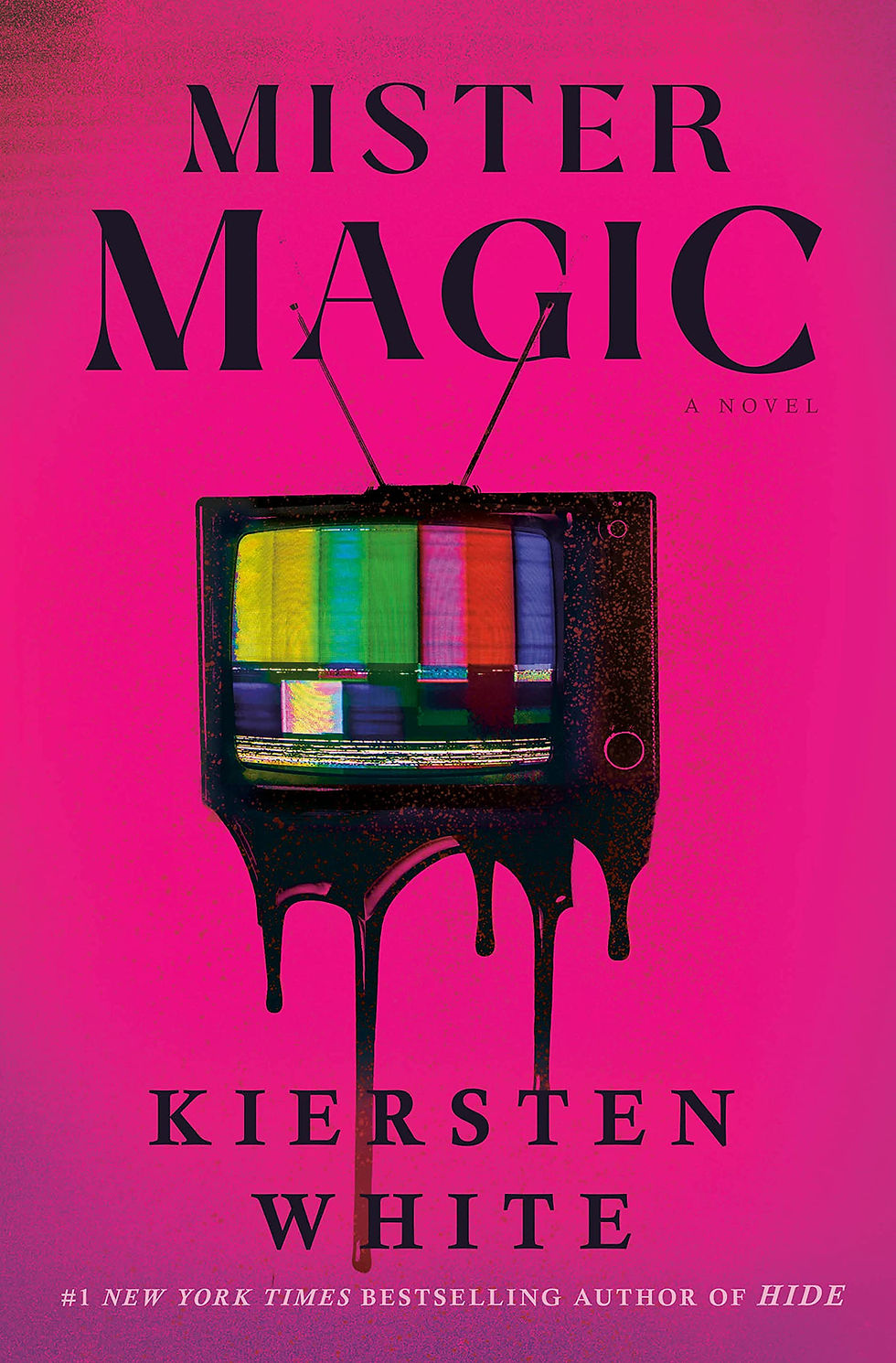Wordslut: A Feminist Guide to Taking Back the English Language by Amanada Montell
- Jodie
- Feb 23, 2024
- 4 min read

Book Review
Title: Wordslut: A Feminist Guide to Taking Back the English Language by Amanada Montell
Genre: Non-Fiction, Language
Rating: 4 Stars
After reading Cultish and really enjoying it, I couldn’t wait to check out more from Amanda Montell. So the introduction introduces us to an idea similar to that of Cultish but not quite the same. In Cultish, Montell looks at how we use language in day to day life and the effects it can have on others, while this book is going to look at how language has evolved over time and with it out perspective of these words, and whether or not they can be reclaimed from their new meanings. Language evolution is something that has fascinated me all my life and Montell really brings that out in this opening and I couldn’t wait to see what she had in store for me.
The opening of the book looks into words like slut and both and how their meaning has changed over time. The meaning isn’t everything though as Montell now that words that are typically used for males are most positive While words for women are more negative. She also notes that there are far more curse words that relate to women than men and winners y this is. It turns out that our language and society reflect each other. In older times when men and women had more equal standing as say farmers these words either had no gender connotation or was neutral but as there has been a growing divide societally the language has changed to reflect that. This was an extremely interesting topic and Montell could have written the entire book on this subject and I would be intrigued. It was fun to see all the curse words that have stood the rest of time are the ones that are fun to say and often contain plosives sounds like slut and fuck.
Following this line of thought, Montell explains Were have reclaimed formerly harmful words and made them positive again although this is harder than making a neutral words negative. For example both gay and queer has neutral meanings meaning happy and strange respectively but have come to refer to those who experience non typical attractions or gender identities. However in recent years these words have been reclaimed by the community as lesbians did with dyke but that might be harder to do with some words because in order to reclaim them we have to use them in a positive context. I liked how Montell stresses the importance of what we say around children as most of the contractions of these words are picked up when we are young. So by using words like bitch and slut in a positive way we can reclaim the word and make it no longer an abusive slur.
The way Montell looks into language and gender and how they influence each other in a variety of ways was intriguing. We understand that some languages are gendered like French and Spanish but we don’t have that in English so it is harder for the argument on sexist language to be made. In France, because of the language itself is gendered it is easier to argue for change, for example professions like doctors are gendered as male and even if the person is female they have to use male language for their title, which is being argued for change. Not having this problem in English means we can both witness these events as understand them but not relate to them since our language is structured differently. These differences between languages and how they are influenced and influence gender perception was such an interesting conversation to have.
The chapter on the gay voice was one of my favourites as it essentially breaks down Code switching. Code switching is something almost everyone does as it is essentially changing the way you speak depending on who you are talking to but it is commonly associated with gay men because it was eventually used as the stereotype. Gay men throughout history also used Code switching to identify others like them in a tone where they could be imprisoned for what they were doing. These constraints of society actually gave rise to many slang words we still use today although many don’t know the history behind them. Montell also discusses the lack of a lesbian voice and this is because even today it is more socially acceptable for a woman to sound like a man then it is for a man to sound like a woman and this is something we should change. Even now it has been seen that many people associate deeper voices with authority and control which usually means men but can include women although these women are caught in the double bind. The double bone says for women in power as their strength increases their likability decreases and vice versa and this is still a problem today that needs addressing.
Overall, Wordslut was an interesting look at language but honestly Cultish was more engaging and fun to read but didn’t have the deep dives into our lexicon. I will definitely be reading more in the future from Amanda Montell especially if the books are similar to Cultish. Personally I really enjoyed this book but found myself getting a little bored in places because it lacked the societal references that were in Cultish, I think this is because almost everyone has heard of people like Jim Jones but not everyone can relate to some of the things touched upon here.
Buy it here:
Paperback/Hardcover: amazon.co.uk amazon.com
Kindle Edition: amazon.co.uk amazon.com




Comments